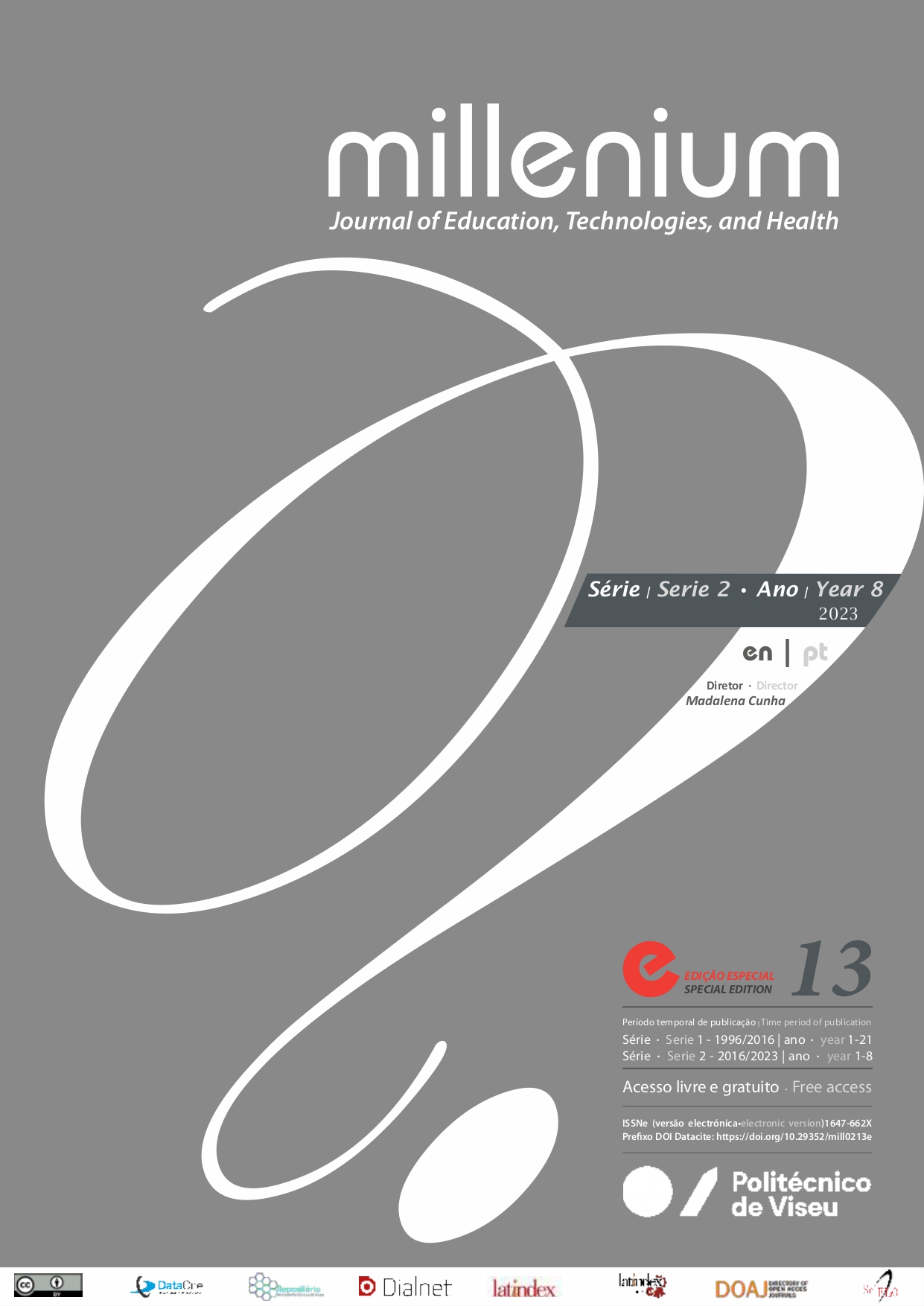Control based on internet of things technologies: improving energy efficiency and comfort in buildings
DOI:
https://doi.org/10.29352/mill0213e.31404Keywords:
thermal comfort; public buildings; energy efficiency; IoTAbstract
Introduction: Investment in the development of intelligent communication networks is facilitating greater internet connectivity. The paper examines the utilization of Internet of Things (IoT) devices and hypothesizes about their potential effect on building energy efficiency and comfort.
Objetive: Understand the potential of IoT-based applications to enhance energy efficiency and optimize the indoor temperature in buildings by regulating the operation of pre-existing heating equipment.
Methods: The main costs and benefits associated with the application of intelligent technologies as a measure to rationalize energy consumption in buildings are discussed in order to support decision-making.
Results: It is expected that the adoption of IoT solutions as intelligent, low-intrusion and low-cost environmental monitoring and management systems will make it possible to control thermal comfort and increase the energy efficiency of buildings.
Conclusion: The study reveals the potential of IoT to reduce energy consumption through the intelligent management of HVAC systems in existing buildings. In many of these structures, given the large investment involved in replacing less efficient climate control systems, adopting this type of technology is a cheap solution for reducing energy costs. It is hoped that this analysis will act as a catalyst for greater energy efficiency by adopting IoT technologies in various public and private sectors.
Downloads
References
Castillejo, P., Martínez, J.F., López, L., Rubio, G. (2013). An Internet of Things Approach for Managing Smart Services Provided by Wearable Devices. International Journal of Distributed Sensor Networks 1–9. https://doi.org/10.1155/2013/190813.
Correia, P. (2008). Avaliação da contribuição de algumas medidas de substituição para a redução do consumo no sector residencial. [Tese de mestrado não publicada. Universidade de Coimbra].
Darby, S., Liddell, C., Hills, D., & Drabble, D. (2015). Smart metering early learning project: synthesis report. Department of Energy and Climate Change. https://www.gov.uk/government/organisations/department-of-energy-climate-change.
Duarte, A. P., Freire, M. R., Fernandes, C. P., Sousa, E. .C, Camacho, P., Rodrigues, T. F. (2018). Segurança energética e economia do gás (Instituto da Defesa Nacional). Revista Nação e Defesa,153. http://hdl.handle.net/10400.26/32164
European Parliament. (2020). Green Deal: key to a climate-neutral and sustainable EU. https://www.europarl.europa.eu/news/en/headlines/society/20200618STO81513/green-deal-key-to-a-climate-neutral-and-sustainable-eu
European Parliament. (2023). Energy saving: EU action to reduce energy consumption. https://www.europarl.europa.eu/news/en/headlines/society/20221128STO58002/energy-saving-eu-action-to-reduce-energy-consumption
Félix, T.M. (2022). IoT (Internet of Things) - Podemos confiar? (Repositório Científico do Instituto Universitário de Lisboa) [Tese de mestrado, Iscte - Instituto Universitário de Lisboa]. http://hdl.handle.net/10400.26/42250
Glória, A. F. X. (2021). Sustainable modular IoT solution for smart cities applications supported by machine learning algorithms (Repositório Científico do Instituto Universitário de Lisboa) [Dissertação de Doutoramento, Iscte - Instituto Universitário de Lisboa]. http://hdl.handle.net/10071/23688
International Energy Agency – IEA. (2021). The Potential of Behavioural Interventions for Optimising Energy Use at Home. https://www.iea.org/articles/the-potential-of-behavioural-interventions-for-optimising-energy-use-at-home
Leitão, J., Gil, P., Ribeiro, B. e Cardoso, A. (2020). A Survey on Home Energy Management. IEEE, vol. 5699-5722, doi: 10.1109/ACCESS.2019.2963502. https://ieeexplore.ieee.org/document/8948036
Joint Research Centre, Institute for Energy and Transport, Zangheri, P., Bertoldi, P., Serrenho, T. (2016). Energy feedback systems – Evaluation of meta-studies on energy savings through feedback: Energy Efficiency Directive Articles 9-11 on feedback, billing and consumer information, Publications Office. https://data.europa.eu/doi/10.2790/565532
Menezes, H. (2001). Princípios de Gestão Financeira, 13ª Edição. Editorial Presença.
Verma, A., Prakash, S., Srivastava, V., Kumar, A., Mukhopadhyay, S. (2021). Sensing, Controlling, and IoT Infrastructure in Smart Building: A Review. IEEE Sensors Journal, vol. 19, nº. 20, pp. 9036-9046. doi: 10.1109/JSEN.2019.2922409. https://ieeexplore.ieee.org/document/8735760
Downloads
Published
How to Cite
Issue
Section
License
Copyright (c) 2023 Millenium - Journal of Education, Technologies, and Health

This work is licensed under a Creative Commons Attribution 4.0 International License.
Authors who submit proposals for this journal agree to the following terms:
a) Articles are published under the Licença Creative Commons (CC BY 4.0), in full open-access, without any cost or fees of any kind to the author or the reader;
b) The authors retain copyright and grant the journal right of first publication, allowing the free sharing of work, provided it is correctly attributed the authorship and initial publication in this journal;
c) The authors are permitted to take on additional contracts separately for non-exclusive distribution of the version of the work published in this journal (eg, post it to an institutional repository or as a book), with an acknowledgment of its initial publication in this journal;
d) Authors are permitted and encouraged to publish and distribute their work online (eg, in institutional repositories or on their website) as it can lead to productive exchanges, as well as increase the impact and citation of published work
Documents required for submission
Article template (Editable format)





